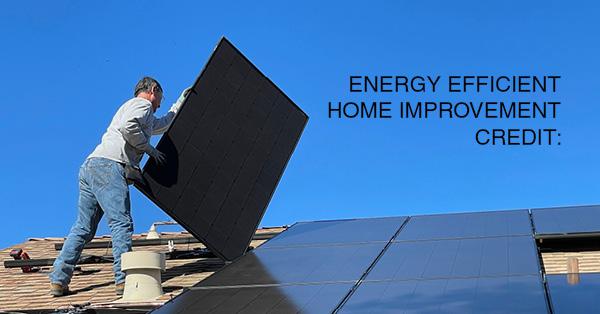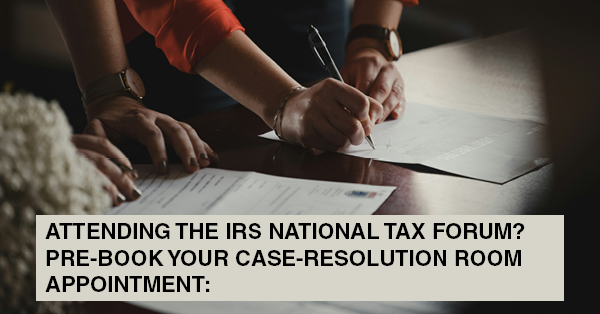ENERGY EFFICIENT HOME IMPROVEMENT CREDIT:

The Inflation Reduction Act of 2022 (IRA) amended the credits for energy efficient home improvements under § 25C of the Internal Revenue Code (Code) and residential energy property under § 25D of the Code. A recently issued Fact Sheet covers frequently asked questions about energy efficient home improvements and residential clean energy property credits.
There is a $1,200 aggregate yearly tax credit maximum for all building envelope components, home energy audits, and energy property. Starting in 2023, the lifetime limit of $500 is eliminated and the $1,200 is an annual credit allowance.
The following energy efficient home improvements are eligible for the Energy Efficient Home Improvement Credit (§ 25C of the Internal Revenue Code (Code)):
Building envelope components satisfying the energy efficiency requirements:
- exterior doors (30% of costs up to $250 per door, up to a total of $500);
- exterior windows and skylights (30% of costs up to $600); and
- insulation materials or systems and air sealing materials or systems (30% of costs).
- For a maximum total of $1,200 annually.
Electric or natural gas heat pump water heaters, electric or natural gas heat pumps, and biomass stoves and biomass boilers have a separate aggregate yearly credit limit of $2,000. Thus, the maximum total yearly energy efficient home improvement credit amount may be up to $3,200
The credit for energy efficient home improvements is not refundable and does not carry forward. Staggering these improvements over a couple of years may provide a bigger benefit to the taxpayer.
The following residential clean energy expenditures are eligible for a Residential Clean Energy Property Credit (§ 25D of the Code) of 30% of the cost:
- solar electric property expenditures (solar panels);
- solar water heating property expenditures (solar water heaters);
- fuel cell property expenditures;
- small wind energy property expenditures (wind turbines);
- geothermal heat pump property expenditures; and
- battery storage technology expenditures
This credit is not refundable, but any unused credit does carryforward.
A home energy audit means an inspection and written report with respect to a dwelling unit located in the United States and owned or used by the taxpayer as the taxpayer's principal residence which identifies the most significant and cost-effective energy efficiency improvements with respect to such dwelling unit, including an estimate of the energy and cost savings with respect to each such improvement, and is conducted and prepared by a home energy auditor that meets the certification requirements specified by the Secretary.
Basis is reduced by any credit claimed (IRC 25C(g)). The new credits apply to items placed in service after 12/31/2022 and before 1/1/2033.
The improvements qualify only for improvements made by the taxpayer for homes in the US used as a residence (no requirement to be a primary residence), and qualified costs include labor, site preparation and assembly.




